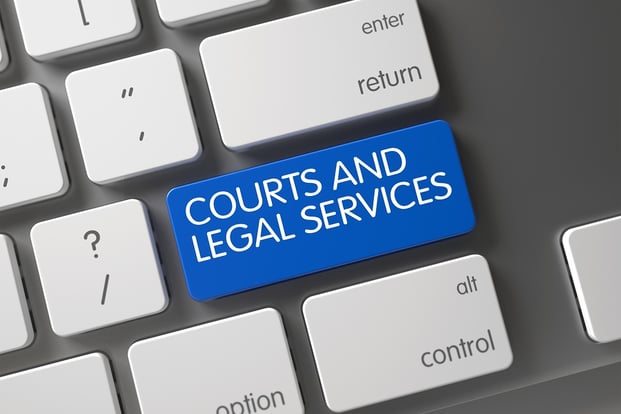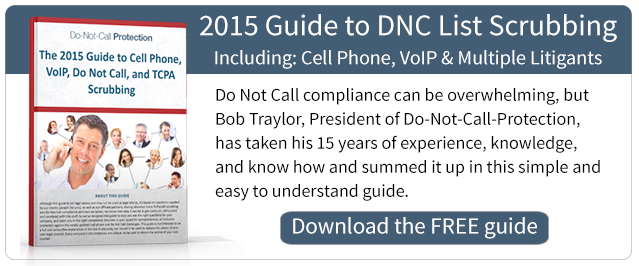 How many times will it take B2B's sued under the Telephone Consumer Protection Act to understand: This is not a one-off. This will happen again. More expensively and more often. And the sooner you understand, the sooner you can take advantage of the many call legal protections afforded B2B over B2C callers.
How many times will it take B2B's sued under the Telephone Consumer Protection Act to understand: This is not a one-off. This will happen again. More expensively and more often. And the sooner you understand, the sooner you can take advantage of the many call legal protections afforded B2B over B2C callers.
B2C callers have a problem that B2B's don't have.
If B2C's scrub for consumer cells, landlines, and the National and State Do-Not-Call Lists - there may be nobody left to call. That's a problem. They also pay $17,000 for the National Registry and $3,000 for State lists. B2B's don't. Many have begun express written consent procedures to help fatten call lists. Still, it can be a severely limited calling universe.
B2B's are looking for company landlines, not cells. Cells are more apt to sue and are subject to additional call restrictions. B2B's can also register with the National Do-Not-Call Registry for free. Think about it - if a business in the light of day puts their number on the National DNC List, do you want to waste time calling them? Better yet - a small business puts their hybrid dual-purpose (consumer and business) cell number on the same registry. That's a TCPA lawsuit trap if there ever was one.
If a website is selling pizzas, and you call about financing, that's a potential call violation.
Why? If it happens to be a cell number, you're not calling about what they are selling! To be clear: If you're calling an advertised cell number, it better be for the reason they advertised it in the first place - or it's a call prohibition violation. Just because they put a number on the internet doesn't mean they lose their protections under the TCPA or Do-Not-Call Laws.
A business number on a Do-Not-Call list?
If a small business wireless number is on the National and State Do-Not-Call Lists, their's a huge chance he's going to sue you. And if his landline is on the DNC list (why would a business do that anyway?) then it's also a trap. Businesses putting their phone numbers on the National and State lists are saying they are not going to buy anything. They're saying they will waste your time. Oh ya, and that they are going to sue you under the one-sided call protection statutes the minute you call.
Where did that lead come from anyway?
B2B's are comfortable exchanging, buying and selling leads. Lately, keeping track of those leads has been a problem. Ever asked your supplier if proper compliance wording was on the original web form? Does it say, "This is not a condition of any sale" or exactly how you will be calling, i.e., auto-assisted ATDS, pre-recorded messaging or text? How long has it been since the lead was created - and who else has purchased it? Do we have video proof of that lead? How many times? All critically important in steering clear of call lawsuits today.
This won't happen again.
No matter how many threat letters and call settlements you get. No matter how many times you go to court over errant calling procedures. As a business to business phone marketer, you think it won't happen again. Publisher Sean Murray at
We'll just wait it out.
Yes, a few decisions have been "stayed" until everyone agrees on this call compliance stuff. But that's just the same old excuse not to get properly protected. If five B2B potential lawsuits are
TCPA prosecuting attorneys in the B2B space continue to win. They're counting on you not knowing how the Telephone Consumer Protection Act applies to your business. So take a look at prudent protections now - because this will happen again.
For more information on Business to Business call protections, please call my personal line at 561-317-3001 or email me here - Bob
Related articles:







